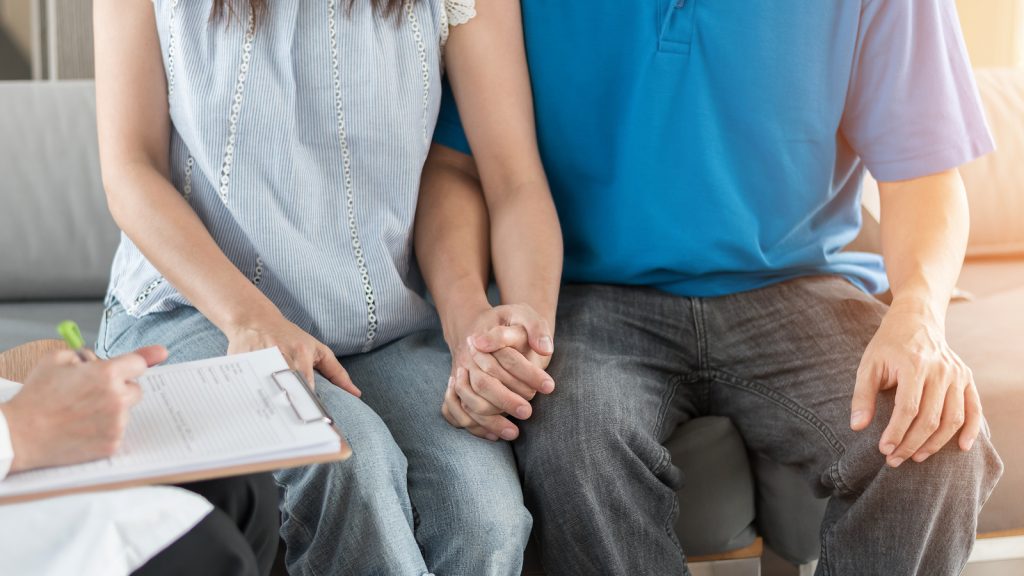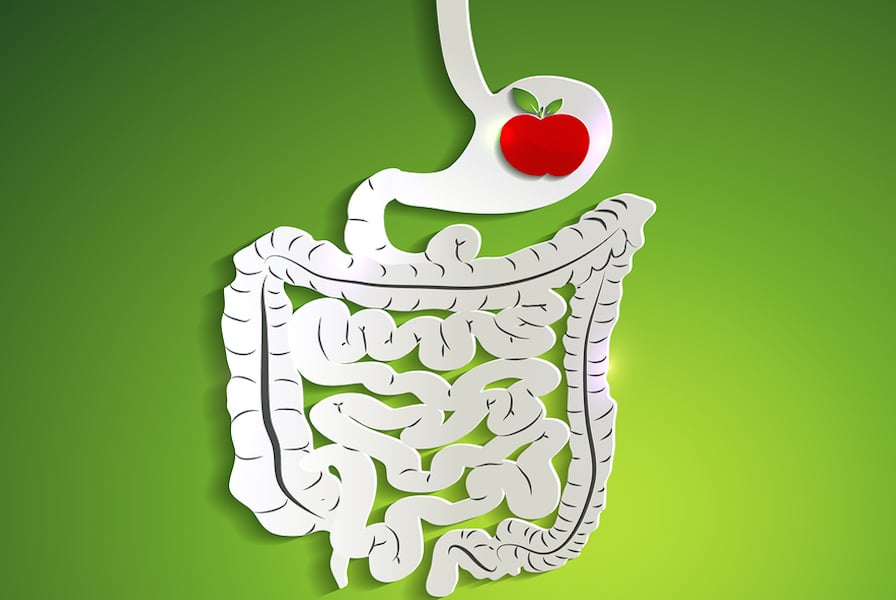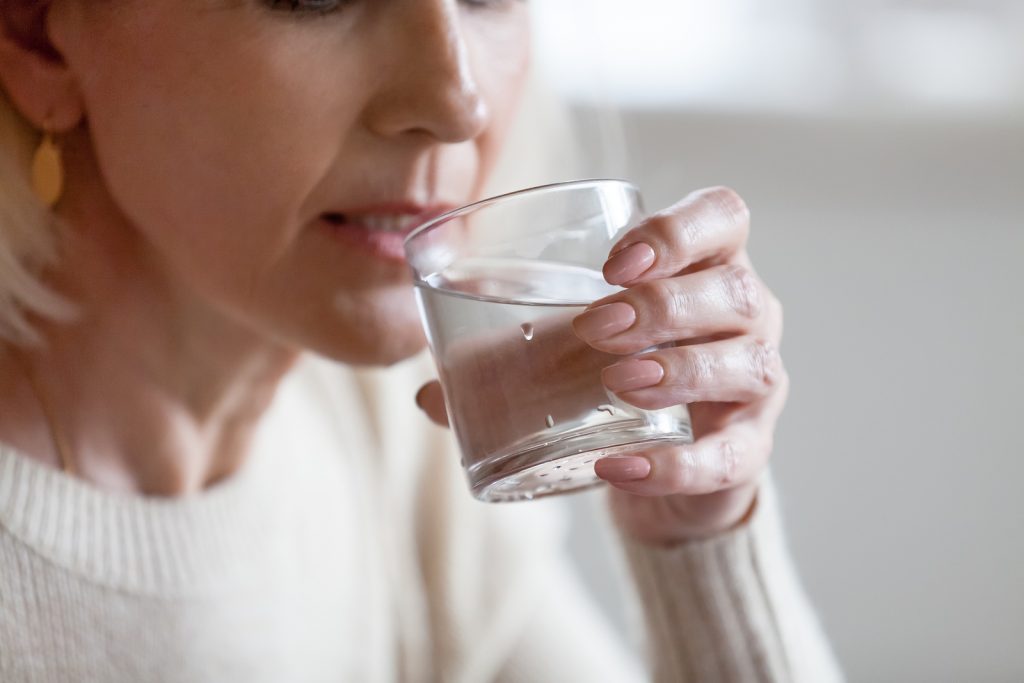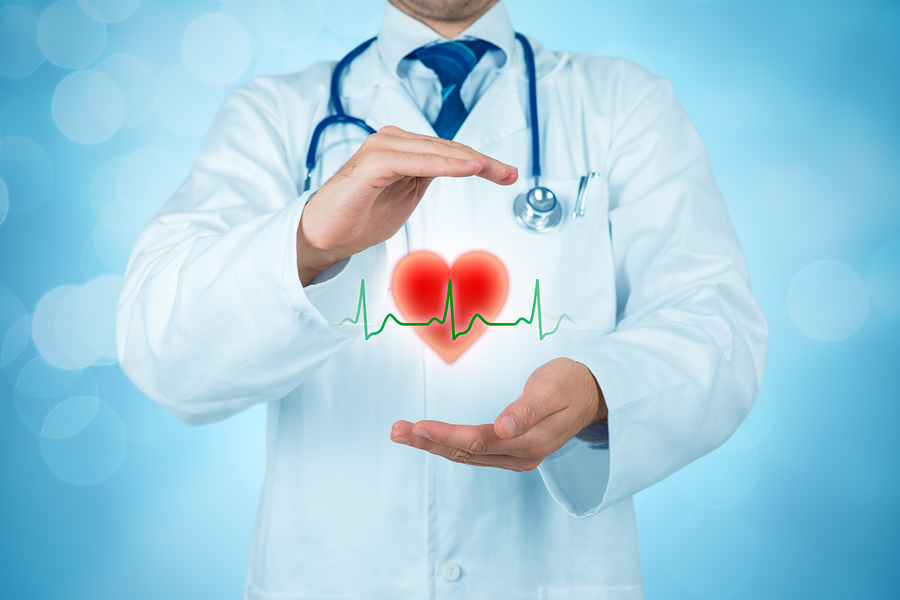10 common health myths debunked
There is much confusing information regarding common medical conditions. Here we try to uncover the truth behind some of these.
Cancer Risk
“Tanning on a sunbed is better for us than tanning under the sun” – true or false?
False – Sunbathing, whether on a sunbed or outdoors in the sun can increase the risk of cancer, in particular, melanoma which is a type of skin cancer. Sunbed rays can be more intense than the UV rays from the sun so that fashionable tan is an indication that our skin has actually been damaged!
“Cancer can be prevented by eating superfoods” – true or false?
False – Although all these so called ‘superfoods’ such as broccoli, blueberries, green tea, garlic are certainly nutritionally good for us there is no firm evidence that one or other particular food can prevent cancer.
It is more beneficial therefore to maintain a healthy weight along with a healthy lifestyle by exercising regularly and avoiding smoking.[
Catching a Virus
“Not wearing a coat outside in winter means we’ll catch a cold” – true or false
Both true and false – Although it is always sensible to wrap up warmly during those chilly winter days the weather itself will not cause us to catch a cold. Cold or flu are caused by a virus. However, if we are already harbouring the virus then getting overly chilly may result in symptoms developing further.
Getting Dementia
“The elderly only get dementia” – true or false?
False – Although dementia is seen as an older person’s disease it has been known to affect people as young as 30. Dementia diagnosed in people between the ages of 30 and 65 is known as ‘young onset dementia’.
42,325 people in the UK were estimated to be living with young onset dementia in 2014.
Dementia, however, still remains more prevalent in people over the age of 65.
Click here to find out more about the early signs of dementia

Cardiac problems
“There is always a warning with high blood pressure so anyone would know if they have it” – true or false?
False – for some people there may never be any symptoms to warn of high blood pressure (hypertension). In order to diagnose high blood pressure a test should be carried out by a healthcare professional. High blood pressure is serious and can lead to heart attack or stroke if left untreated.
“Heart attacks or strokes can be stopped by taking an aspirin a day” – true or false?
False – Doctors often recommend patients to take an aspirin a day if they have already suffered a heart attack or stroke, or are deemed to be at risk of one. However, it is not recommended to take a daily aspirin as a precautionary measure unless you have been advised to by your health professional.
“It’s easy to see if someone is having a stroke” – true or false?
Both true and false – it is easy enough to identify the symptoms of an ischemic stroke – speech will become slurred, one side of the face will droop and there will be weakness in one arm or leg. However, there is more than one type of stroke. A so called ‘silent stroke’ does not have clearly defined symptoms but is just as serious.
Maintaining a low cholesterol level and keeping blood pressure under control is the best way to prevent a stroke.
Digestive System
“You can get stomach ulcers from eating spicy food” – true or false?
False – there is no evidence that shows spicy food alone can cause a stomach ulcer. Bacterial infection may cause stomach ulcers (helicobacter pylori) along with taking high doses of non-steroidal anti-inflammatory drugs (NSAIDs) for long periods of time. However, if you already have an ulcer then spicy food could aggravate it.
Click here to find out more about foods to aid digestion
 Vitamins
Vitamins
“Vitamin supplements can keep you healthy even if you eat badly” – true or false?
False – If you eat a balanced diet then you should be able to get all the vitamins you need to be healthy. Vitamin supplements should not be used as a replacement for a healthy diet. It is recommended, however, that along with eating healthily, vitamin supplements should be taken by pregnant women, children aged between six months and five years and for those aged 65 and over.
Musculoskeletal
“If you have arthritis then you shouldn’t exercise” – true or false?
False – It is important to try and take some form of exercise if you have arthritis as exercise helps with flexibility, strength and can reduce joint pain. Your doctor should be able to advise on an exercise routine for you that won’t make your arthritis worse but will benefit your muscles and joints.
Sleep
“You can make up for missed sleep on the weekend and it won’t harm you” – true or false?
False – In the short-term losing the occasional hour of sleep here and there shouldn’t affect you, but continuous lack of sleep can result in health conditions such as heart disease, obesity and diabetes. It is recommended to keep to a sensible sleep routine and refrain from drinking too many caffeinated drinks as these will only give your body a short-term energy boost.
“If you suffer from insomnia then you should take sleeping tablets” – true or false?
Both true and false – if you suffer from insomnia that lasts for more than four weeks your GP may prescribe a short-term course of sleeping tablets.
However, GPs are reluctant to prescribe a longer course as dependency could result.
It is better to look at how changes to your lifestyle could improve your sleep. Stopping computer and mobile phone use before bed can help, along with avoiding caffeine drinks.
“We all need the same amount of sleep” – true or false?
False – Our age, lifestyle and health dictates the amount of sleep we need.
As a general rule, the recommended amount of sleep per night is as follows:
- Adults aged from 18 to 64 years need between 7 and 9 hours
- Adults over 65 years need between 7 or 8 hours
- Children aged from 6 to 13 years need 9 to 11 hours
- Toddlers aged from 1 to 2 years need 11 to 14 hours
Hydration
“Everyone must drink at least 8 glasses of water a day” – true or false?
False – we can get water from food as well as from a variety of drinks so we don’t need to be too strict about our eight glasses. Drinks should make up approximately 70 to 80% of our daily water intake and with 20 to 30% coming from food. We should all try to drink between 2 and 2.5 litres of water a day but this should be increased if we are doing intense exercise or if the day is very hot and humid.
Click here to find out if dehydration could be a problem for you

Asthma
“Adults don’t get asthma, only children” – true or false?
False – It is true that the majority of those suffering from asthma are diagnosed in childhood but adults can be diagnosed too. Allergies are generally the trigger for asthma but in adult asthma, known as ‘late onset asthma’ it is more likely to be caused by hormonal changes or viral infections.
Disclaimer
All content on Silversurfers.com is provided for general information only, and should not be treated at all as a substitute for the medical advice of your own doctor or any other health care professional. Silversurfers will not be responsible or liable for any diagnosis made by a user based on the content on www.silversurfers.com and we are also not liable for the content of any external websites or links from or to Silversurfers to any other websites. Please always consult your own doctor if you’re in any way concerned about any aspect of your health.
Melina - Assistant Editor
Latest posts by Melina - Assistant Editor (see all)
- By yourself at Christmas this year? Tips on how to manage alone - December 16, 2024
- The Silversurfers, just for fun, Christmas Quiz! - December 14, 2024
- 10 potential hazards for pets at Christmas - December 10, 2024
- Christmas Spiced Blueberry Panettones - December 1, 2024
- Three must have toys of the late 60’s - November 24, 2024




















